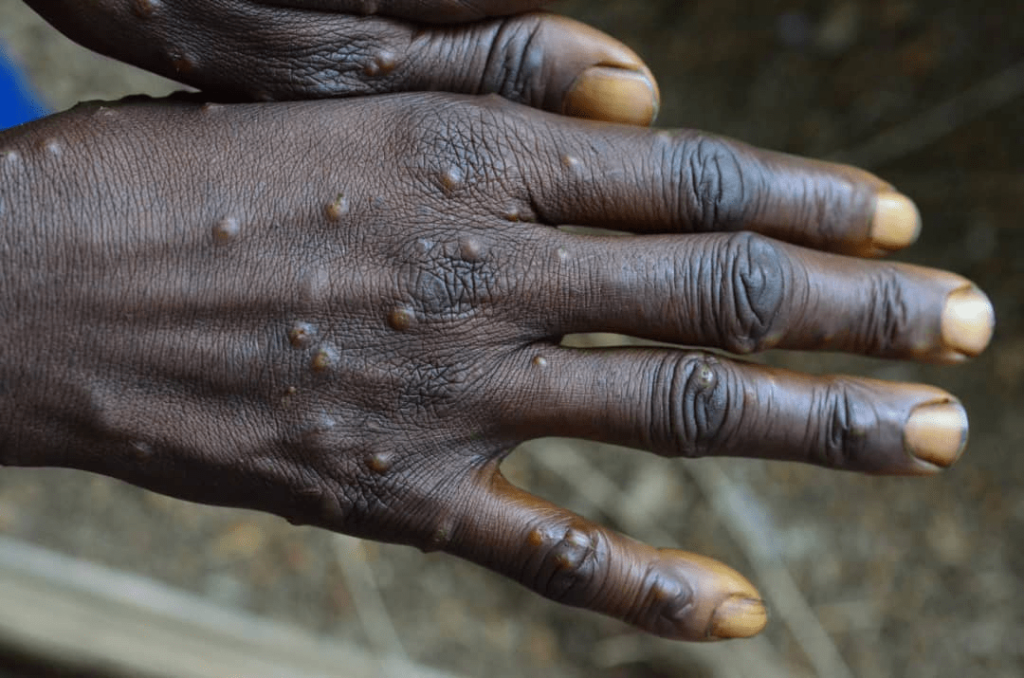Congo is presently grappling with its most extensive Mpox outbreak as a new variant of the virus has been identified. Scientists are concerned that the virus found in a mining town could easily spread among individuals. According to the World Health Organisation (WHO), around 4,500 suspected cases and approximately 300 deaths have been reported, with the figures nearly tripling since last year.
A comprehensive examination of hospitalised patients in Kamituga, eastern Congo, between October and January has revealed recent genetic mutations of the Mpox virus as a result of ongoing human transmission. This is reportedly occurring in a town where people have minimal contact with disease vectors, typically animals.
“We’re in a new phase of mpox,” said Dr Placide Mbala-Kingebeni, the lead researcher of the study, who said it will soon be submitted to a journal for publication.
Genetic Mutations

According to Mbala-Kingebeni, the lesions, which are a common characteristic of Mpox, are milder and located on the genitals, making diagnosis difficult compared to previous cases where the lesions were observed on the chest, hands, and feet. He also noted that the new variant has a lower mortality rate. The WHO has stated that the new variant might necessitate a revised testing strategy to identify the mutated virus.
Mbala-Kingebeni further revealed that most people were infected through sexual contact, with sex workers accounting for a third of Mpox cases. He added that there are two types of Mpox. Clade 1 is more severe and can reportedly result in the death of up to 10% of infected individuals. Clade 2 is what triggered the 2022 outbreak, where over 99% of infected individuals survived. Meanwhile, a new form of clade 1 has been identified, potentially responsible for over 240 cases and at least three deaths in the Kamituga region.


